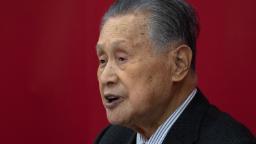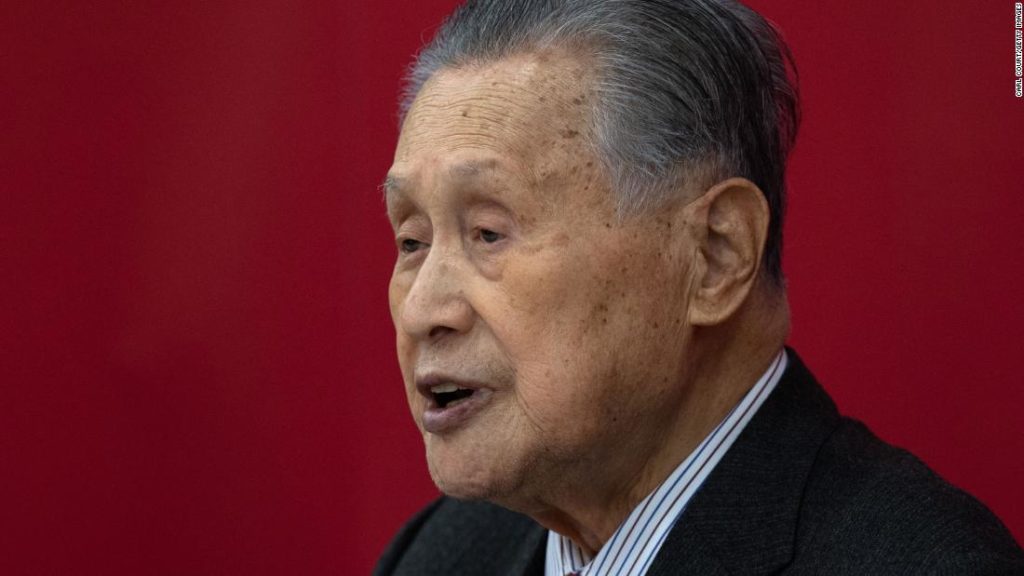
Mori expressed his “deepest apologies” on Friday and said he would hand in his resignation by the end of the day, acknowledging that his “inappropriate statement has caused a lot of chaos.”
“The important thing is that the Olympic Games are held in July,” Mori said. “If I am going to be a distraction to organizing the Games by being in my position, I think that is a situation we should avoid.”
Speaking at a news conference last week, the 83-year-old confirmed he made the remarks behind closed doors and said he was sorry for doing so. He initially said he was not considering stepping down, but was forced to change course due to the continue public outrage in Japan, where women regularly face gender discrimination in the workplace and when seeking positions of power.
Mori said Friday that he “didn’t mean for (my comments) to neglect the women but I guess that it was broadcasted in that way.”
“I actually worked a lot to allow the women to voice out,” said Mori, who is the head of the organizing committee for the Games. “I appointed the women to give them an opportunity to state what they wanted to state,” he said. “I have no intention of neglecting women at all.”
Mori did, however, say he took offense to people who called him a “rougai,” a Japanese term that can be used to imply that the elderly are of no use and in fact a hindrance to society.
“I don’t like the word,” he said. “The elderly have worked hard to support this society and it’s quite frustrating when the elderly are neglected.”
The race to the Games
As of February 4, more than 8,700 people who tested positive for Covid-19 were waiting for a hospital bed or space at an isolation center in 10 prefectures. The week before, more than 18,000 people across 11 prefectures were waiting, according to the prefectures’ health ministries.
You may also like
-
Afghanistan: Civilian casualties hit record high amid US withdrawal, UN says
-
How Taiwan is trying to defend against a cyber ‘World War III’
-
Pandemic travel news this week: Quarantine escapes and airplane disguises
-
Why would anyone trust Brexit Britain again?
-
Black fungus: A second crisis is killing survivors of India’s worst Covid wave

